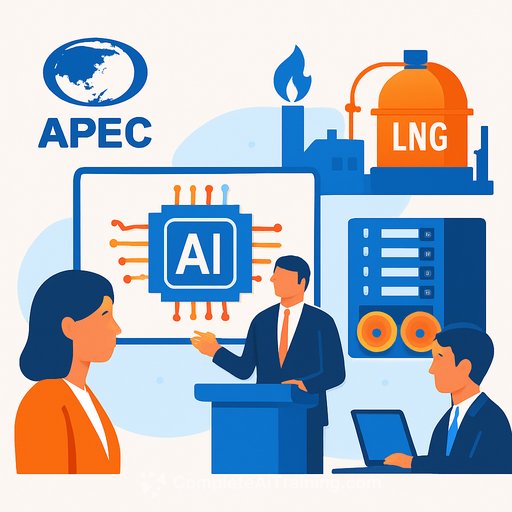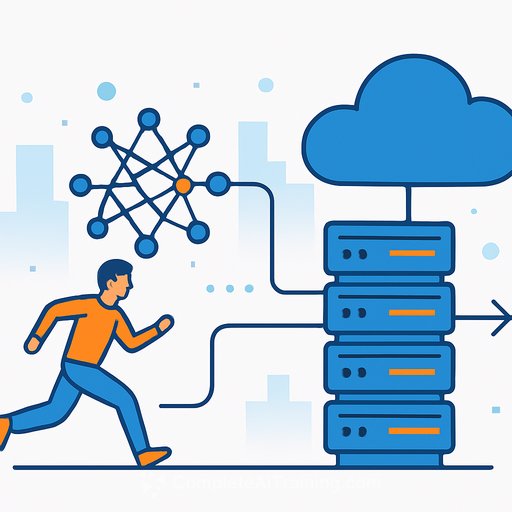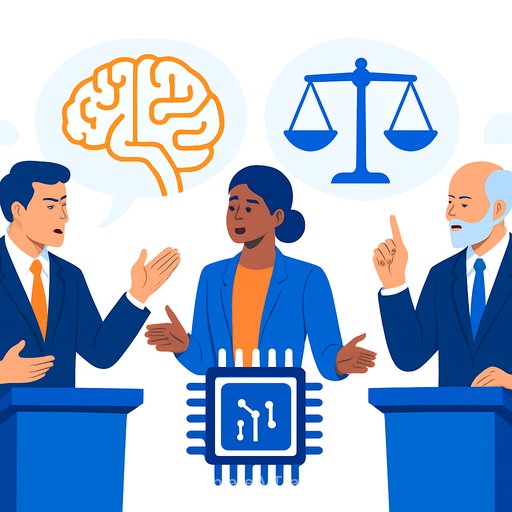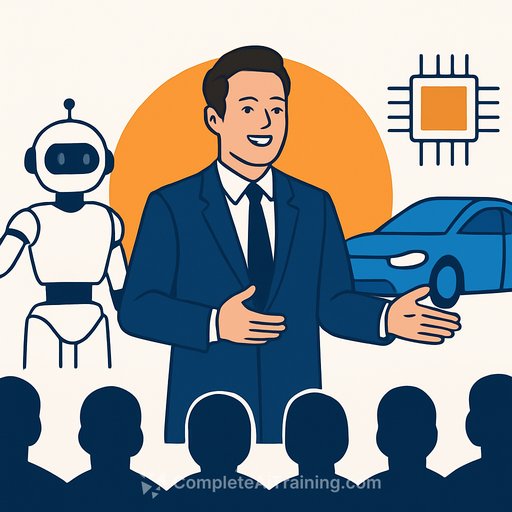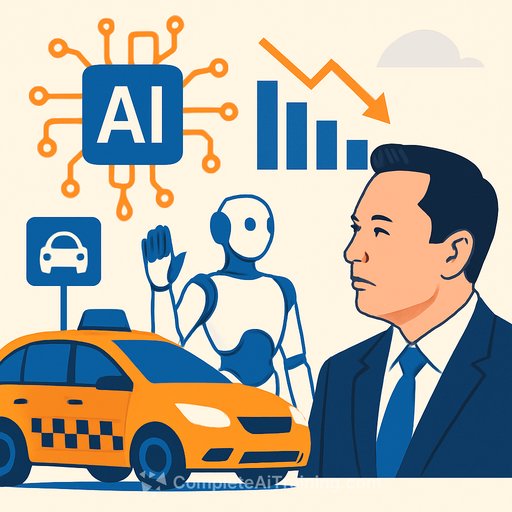SK sets the agenda on AI capacity and energy strategy at APEC CEO Summit
The APEC CEO Summit in Gyeongju closed with leaders from 21 economies and roughly 1,700 executives aligning on one reality: AI and energy constraints will set the pace of growth. SK Group took center stage, with Chairman Chey Tae-won hosting and directing much of the conversation toward execution and shared opportunity.
On Oct. 28, SK hosted the Future Tech Forum: AI, bringing together Korea's senior presidential secretary for AI Ha Jung-woo, AWS CEO Matt Garman, Naver CEO Choi Soo-yeon, OpenAI Korea GM Kim Kyoung-hoon and Meta VP Simon Milner. The focus was clear-governance, ethics, and most importantly, how to build the supply chain to support AI's scale.
The AI bottleneck: compute, chips, and energy
Chey was blunt: AI has moved from corporate rivalry to a national race. He warned of an "AI bottleneck" driven by shortages in semiconductors and energy, and argued for a two-track play-develop localized sovereign AI while deepening global collaboration.
"Korea is developing its own models. While our models might not always match the cutting edge of Big Tech, if we focus on making them as efficient and cost-effective as possible, and keep pace and adapt quickly, Korea's approach could set an example for many other countries down the line," he said. He added that quick moves on application and regulation can turn Korea into a global test bed and benchmark.
From components to capacity: SK's stack and build-out
SK's K-Tech Showcase booth-styled like a data center-mapped the group's end-to-end role in the AI value chain: materials (SKC), advanced memory (SK hynix), cooling liquids (SK Enmove), construction (SK Ecoplant), operations (SK Broadband) and network/security (SK Telecom, SK AX). SK hynix drew attention with a mock-up of HBM4, expected to drive next-generation AI accelerators starting next year. SKC previewed upcoming glass substrates for semiconductors.
On capacity, SK is building a 100-megawatt hyperscale AI data center in Ulsan with AWS, slated for completion in 2027. The group also agreed with OpenAI to establish a dedicated AI data center in Korea's southwest. Chey said these capabilities will be on display at the 2025 SK AI Summit on Nov. 3 at Coex, featuring Anthropic co-founder Ben Mann, Nvidia's Tim Costa and Kakao CEO Chung Shin-a.
Nvidia partnership: the AI factory
Chey met Nvidia CEO Jensen Huang during the summit to align on physical AI and Korea's ecosystem. SK will build an AI factory using more than 50,000 Nvidia GPUs, with compute capacity opened to government and corporate users to accelerate adoption.
Huang underscored the partnership and Korea's edge in manufacturing and software. He also confirmed SK hynix as a major supplier for HBM4 chips: "All we know is that SK hynix is going to be a major HBM4 [supplier]. That is for sure."
LNG and CCS: pragmatic steps in the energy transition
Energy strategy took its own track at the summit. SK Innovation hosted the Asia Pacific LNG Connect session with leaders from Hanwha FutureProof, Continental Resources, Freeport LNG, NextDecade, Tokyo Gas, Petronas and others. The group emphasized the strategic role of U.S. LNG in APAC supply stability and portfolio diversification due to flexible contracts, cost competitiveness and lower geopolitical risk.
The consensus: zero emissions in the short term is unrealistic, and LNG-paired with carbon capture and storage (CCS)-is essential. Participants called CCS the most practical path to make LNG compatible with long-term climate goals, and asked for policy support to speed up permitting and infrastructure.
SK E&S, alongside Summit Agricultural Group and Continental Resources, has invested in a CCS project in North America, targeting early 2026 for commercial operations. The task now is scaling storage and, over time, channeling captured carbon into blue hydrogen and chemical feedstocks.
On logistics, SK Innovation ran 20 hydrogen-fueled buses to shuttle attendees between Gyeongju and nearby cities-a small but clear signal of commitment to cleaner mobility.
For executives: moves to consider
- Treat compute, memory, and energy as strategic constraints. Secure multi-year access to GPUs, HBM, substrates, cooling, and clean electricity.
- Pursue a dual model strategy: build sovereign capabilities while integrating with hyperscale platforms for scale and resilience.
- Map your vendor stack end-to-end-chips to data center operations-to reduce single points of failure.
- If LNG is in your mix, build a CCS plan now. Lock in transport and storage partners and track permitting timelines by jurisdiction.
- Monitor national or partner "AI factory" capacity that can offer shared compute for R&D and production workloads.
- Upgrade governance and cross-border compliance tied to AI data, safety, and security as model size and usage expand.
For broader context on the forum and policy backdrop, see APEC. For CCS fundamentals and project tracking, visit the Global CCS Institute.
If you're building leadership capability across teams adopting AI, here's a curated set of role-specific learning paths: AI courses by job role.
Your membership also unlocks:

